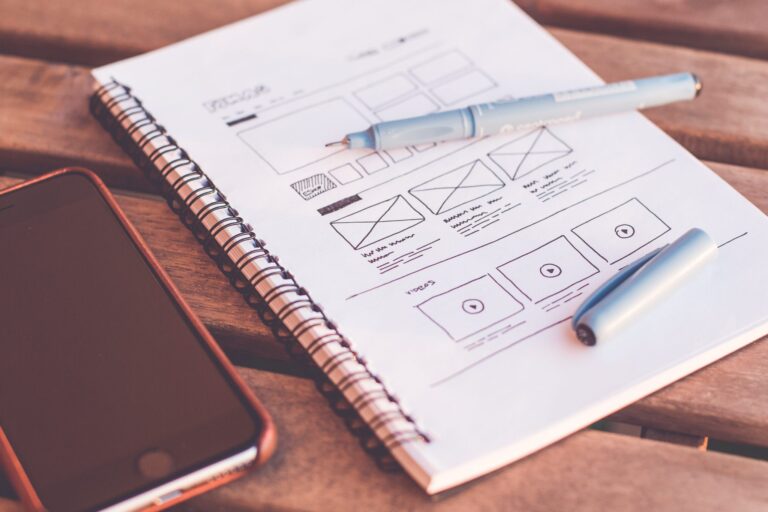The body language you display in an interview can have a huge affect on your chance of success.
What would you consider the most outrageous interview mistake you could make? Getting way too friendly with the recruiter and asking him or her to dinner afterwards? Being so nervous that you eat crumbs off the table in front of the interviewer? Or how about making a phone call midway through the interview to discuss the salary with your loved one?
These might all sound utterly ridiculous but according to CareerBuilder, a recruitment consultancy firm based in the US, these are all scenarios that hiring managers have faced in the last year.
More than 2,600 HR professionals were asked to take part in the poll by CareerBuilder and share their most memorable interview mistakes they had witnessed. It’s hardly surprising that candidates make the odd mistake from time to time. Interviews are nerve-wracking experiences. If you’ve ever reached the cabin crew final interview you’ll know the pressure that comes from jumping this final hurdle and achieving your dream. The stakes couldn’t be higher.
Okay, so the chances of you getting so nervous that you end up asking the interviewer where the nearest bar is at the end of the interview are slim (it happened by the way). But the way that you behave and control your mannerisms could have a huge affect on your success.
According to CareerBuilder, 51% of hiring managers know within the first five minutes of an interview if the candidate is a good match for the position. It doesn’t matter what you say for the next 30-40 minutes – Your behaviour and body language could have already spoken for you.
Make the very best first impression and impress the recruiter by following these body language guidelines:
Scroll down to see even more details:

Heres a few more details on where candidates are most frequently going wrong – and most importantly, how to fix it.
Failing to Make Eye Contact (67%):
It’s one of the first things we look for when we meet a stranger. Making eye contact shows that you can be trusted and indicates that you have honest intentions.
You don’t need to stare the recruiter out – in fact, that would be a bad thing. But make eye contact when you first meet them and hold their gaze for a second or two.
Throughout your interview make sure to address the recruiter by looking at them – Not the clock above them or some other object in the room.
If you feel really uncomfortable about making direct eye contact look a couple of centimetres above eye level to achieve the same effect without the awkwardness.
Not Smiling at the Recruiter (39%):
The final interview is a serious and sobering moment but you need to show the best of your personality. In all likelihood the interviewer will also be nervous – Put them at ease by wearing a big, infectious smile.
Your smile should be natural. Think about how happy you are to have reached this point. You don’t have to force an unnatural smile at all times. In fact, certain questions during the interview will be of a serious nature – respond appropriately and show that you are taking the matter seriously by adjusting your facial expression.
Playing with Something on the Table (34%):
Be it a pen, some sheets of paper or any other accessory just put it down. Your attention should be on the interview. Just imagine how distracting it must be for the recruiter if they see you fiddling with something in front of you. Then imagine how that might affect their assessment of you.
Fidgeting Too Much (32%), Crossing Arms Over Chest (32%), Bad Posture (31%):
These are all massive clues as to your ability to concentrate. It takes a little practice to get this right – especially when you’re nervous and want to ease some of the stress.
When you first take your seat, find a comfortable position. Display open body language by facing the recruiter straight on, keep your legs uncrossed with you feet flat on the floor, sit up straight and push your shoulders back. Hold your head at eye level of the recruiter and place your hands on the table or your lap. Don’t hold your hands together but keep them flat, palms facing down.
Once you’ve found this position commit to it for the duration of the interview.
Playing with Hair or Touching Face (28%):
You may not even know you’re doing this. Playing with hair or touching the face is a common coping mechanism at times of great stress. Avoid this by keeping your hands in your lap or on the table as previously described.
Too Many Hand Gestures (13%), Too Weak or Too Strong Handshake:
Don’t feel that you can’t use any hand gestures. Feel free to gesticulate on the odd occasion but avoid wildly waving your hands and arms about. Yes, you want to show passion but you don’t want to distract the recruiter.




